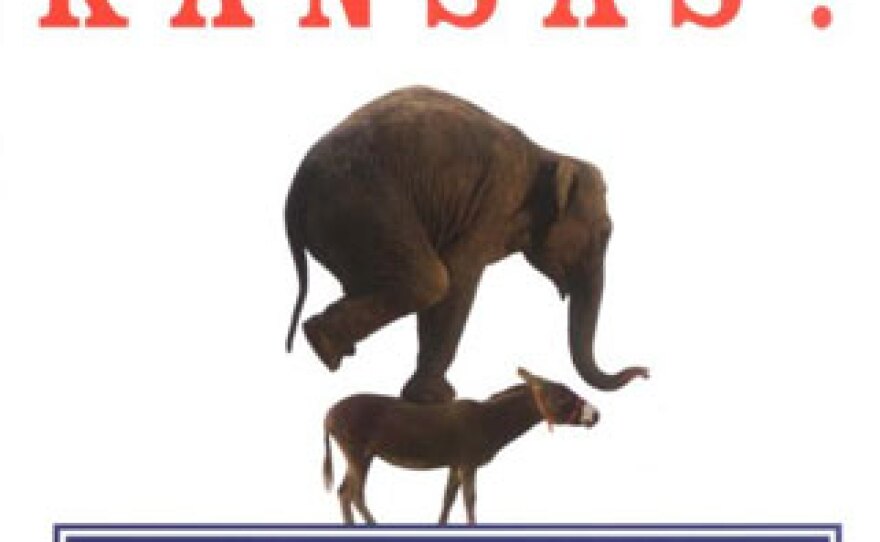Kansas was the birthplace of Prohibition and an epicenter of the anti-abortion movement.
Historian and political analyst Thomas Frank — a Mission Hills native — wrote a whole book, What's the Matter With Kansas, about how politics in the state has been fueled by conservative social ideals.
His latest book, Listen, Liberal, argues that the national Democratic Party elite has abandoned the working class, a group President-elect Donald Trump has apparently captured.
On Election Day, Kansans overwhelmingly went for Trump, but also voted in a more moderate Legislature.
Frank told KCUR's Amy Jeffries that’s an indication that the American political pendulum is swinging and that Kansas may be on the leading edge of it. And he says the kind of culture war populism that has long powered Republican politics in the Sunflower State is waning.
FRANK: "I was at the Republican Convention. ... The anti-abortion presence was very limited. You didn't hear about the culture war issues. And not only did you not hear about them, Peter Thiel, one of the speakers at the Republican convention, got up and said ... that the culture wars were a smokescreen designed to distract us from real economic issues. That was my argument! That's what What's The Matter With Kansas was all about! But I was saying that about the Republican Party, and he said that at the Republican Convention and I'll be damned if [convention attendees] didn't applaud the guy for saying it. Mind boggling."
JEFFRIES: "One of the things that you wrote about a lot in What's The Matter With Kansas is how abortion in particular had been almost a proxy where that was the trigger to get all the support to get Republican candidates into office in Kansas — governor on down through the Legislature — and that came with a certain set of other ideas and policy positions on fiscal matters and otherwise."
FRANK: "That's right. It was a slightly concealed class-based issue. It was a way of motivating blue collar voters without giving them anything. But now Trump has promised to give them actual things.
"The stuff about the trade deals, that's real. And that's a point of enormous frustration among working class people, and specifically among blue collar Democrats. Because they were betrayed by the Clintons! There's a reason Trump won, you know."
JEFFRIES: "Do you think that the national Democratic Party should be looking at Kansas and saying, huh, they picked up 12 seats in the state House and one in the Senate ..."
FRANK: "That's really not that awesome, you know."
JEFFRIES: "It's not, but it's a significant number."
FRANK: "Of course, you should always look on the bright side and see where your pockets of success are and learn from that. But you know the Democrats in D.C., they already know what they're going to learn. It's all baked in. When they lose an election, what do they say? Move to the center! It's always the same. It's utterly predictable."
JEFFRIES: "And here in Kansas, "moderate" was a big buzzword, certainly in the primary season, and a lot of moderate Republicans beat conservatives in the primaries and then you had some Democrats running as the "moderate" in the race [in the general election]."
FRANK: "Hillary Clinton is the moderate.
"Look, centrism has this promise to it, which is, it's going to win elections whatever else it does -- and it fails in many regards. You know, President Obama has governed as a centrist and he has failed in many ways. Centrism — Washington consensus politics — gave you the Iraq war, bank deregulation, and the Wall Street bailouts.
"Centrism as a political philosophy is an utter failure, but it had this one selling point: we can win elections.
"Well, look where we are now."
Kansas Elections Editor Amy Jeffries is based at KCUR 89.3, which has been covering elections in Kansas as part of a statewide collaboration. Follow Amy on Twitter @amyoverhere.




